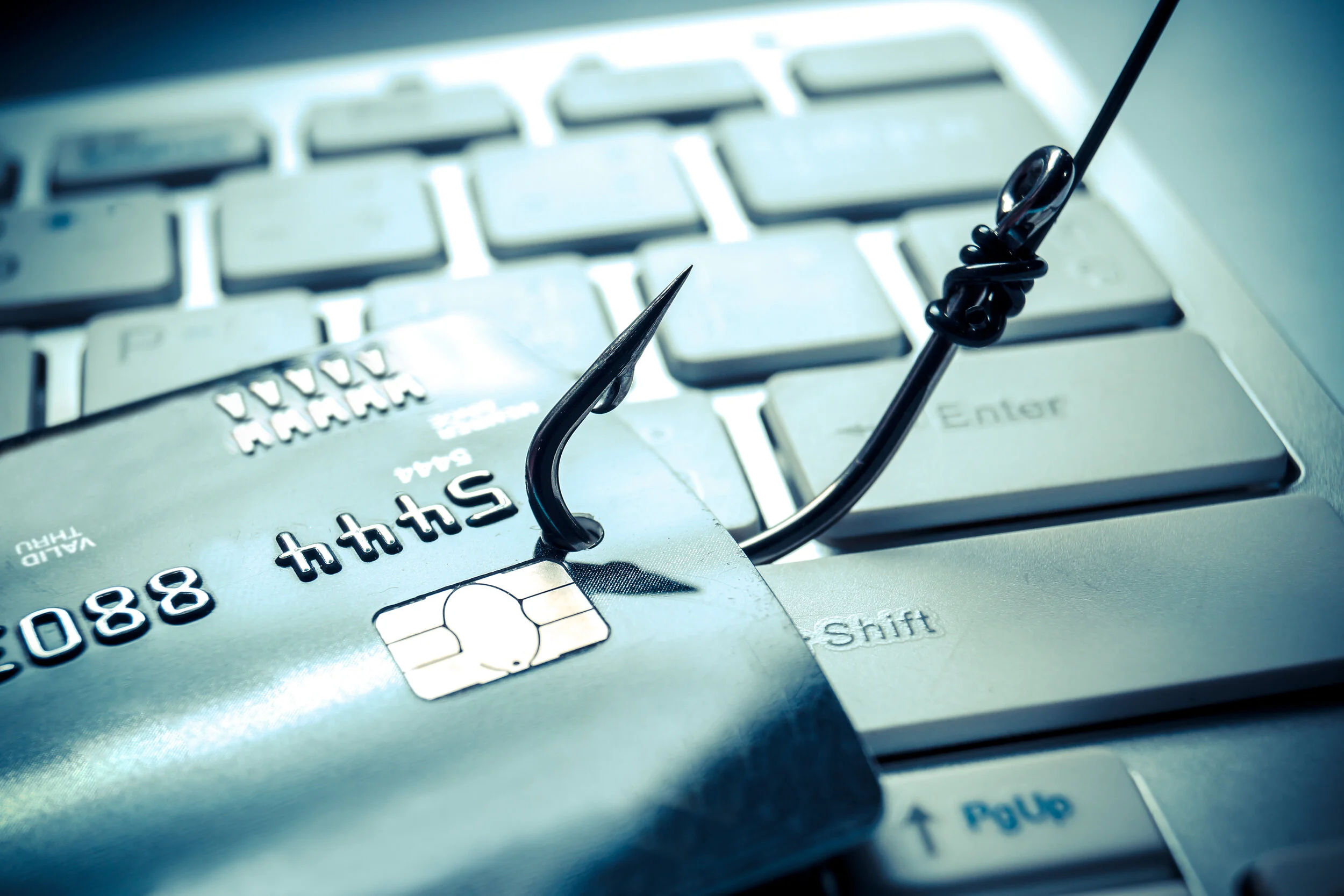Password Security
Password Security
When it comes to security, the concern we should have is passwords. Whether you are a bank customer or business owner, your password is the key that can unlock valuable information about you and your personal/business assets. This information can be obtained and taken by malicious individuals who want to cause harm.
Passwords are one of the most important components and must be kept safe from hackers. These passwords are very easy to hack because we tend to reuse the same password for different sites or services. Once a password or password file has been compromised this information can be used to further harm you and your business/personal assets.
This article will provide you with some tips and tricks on how to keep your passwords secure and prevent any potential harm.
First thing when it comes to making your password stronger is not to use the same password across all services. This is a very bad practice and can result in you losing access to most of your banking information or your personal accounts. When it comes to passwords, we tend to keep them short, simple and easy for us because we are afraid of being hacked. This will make it much easier for hackers to hack into our system and steal sensitive information from us.
You might be worried that using a strong password is an inconvenience and might take away your time. The truth is, the most important thing to remember is that passwords are one of the first lines of defense between you and potential hackers. Just like your lock on the front door, it can stop a lot of unauthorized people from entering your house!
Password strength should never be compromised for convenience.
Cybersecurity Tips for Employees
In this eBook, we explore the need for employees to practice strict and secure cyber-security habits— not only to thwart digital attacks, but also to prevent someone from simply walking by their desk (in the office or at home) and picking up a device or document that contains sensitive information. We also present the key steps SMB business owners can take to educate their employees to help secure their company’s data and intellectual property.
When developing cybersecurity programs, many businesses focus on protecting their infrastructure perimeter and device endpoints. After all, that’s where cybercriminals usually first gain access and wreak havoc on a company’s digital access.
But it’s also important to consider what happens when a threat bypasses perimeter defenses and targets an employee—in the form of a malicious email or text, or even a voicemail that might prompt an employee to respond with confidential company information. There’s also the possibility of an offline attack from inside the office, where an employee or an office visitor might gain access to valuable data by quickly taking something carelessly left on a desk.
According to a recent PricewaterhouseCoopers survey, 86% of business executives expressed concern about cyber threats, including a lack of data security. In addition, 100% of IT professionals recently surveyed at an SMB said they could improve their cybersecurity systems. These numbers indicate that it’s clear there’s a pressing need for better cybersecurity. The issue is not going away anytime soon. If anything, it’s only getting worse.
Stronger cybersecurity has become a global priority over the last few years as hackers penetrate the IT infrastructure of government and enterprises with increasing frequency and sophistication. According to a recent government report, How to Protect Your Networks from Ransomware, 4,000 ransomware attacks occurred per day in 2016. Furthermore, the annual cost of global cybercrime damages are estimated to cost $6 trillion by 2021, according to a 2017 Cybercrime Report by Cybersecurity Ventures. Coupled with the Internet of Things (IoT) and the explosive growth of mobile devices, the threat landscape and potential for data leaks is even more significant.
In this eBook, we explore the need for employees to practice strict and secure cybersecurity habits— not only to thwart digital attacks, but also to prevent someone from simply walking by their desk (in the office or at home) and picking up a device or document that contains sensitive information. We also present the key steps SMB business owners can take to educate their employees to help secure their company’s data and intellectual property.
We can’t stress enough the importance of security awareness training for internal employees. Educating them on what it takes to protect proprietary documents and data is critical. Any leaks— unintentional and intentional—could hurt the business in the form of information that assists a competitor, violates regulations, or harms the corporate image. Leaks can also hurt employees from the standpoint of personal information that might be exposed. Lastly, customers and business partners could be at risk, compromising the industry reputation of any business that does not properly protect confidential information. It only takes one incident to completely destroy any goodwill you established and built with your customer base.



